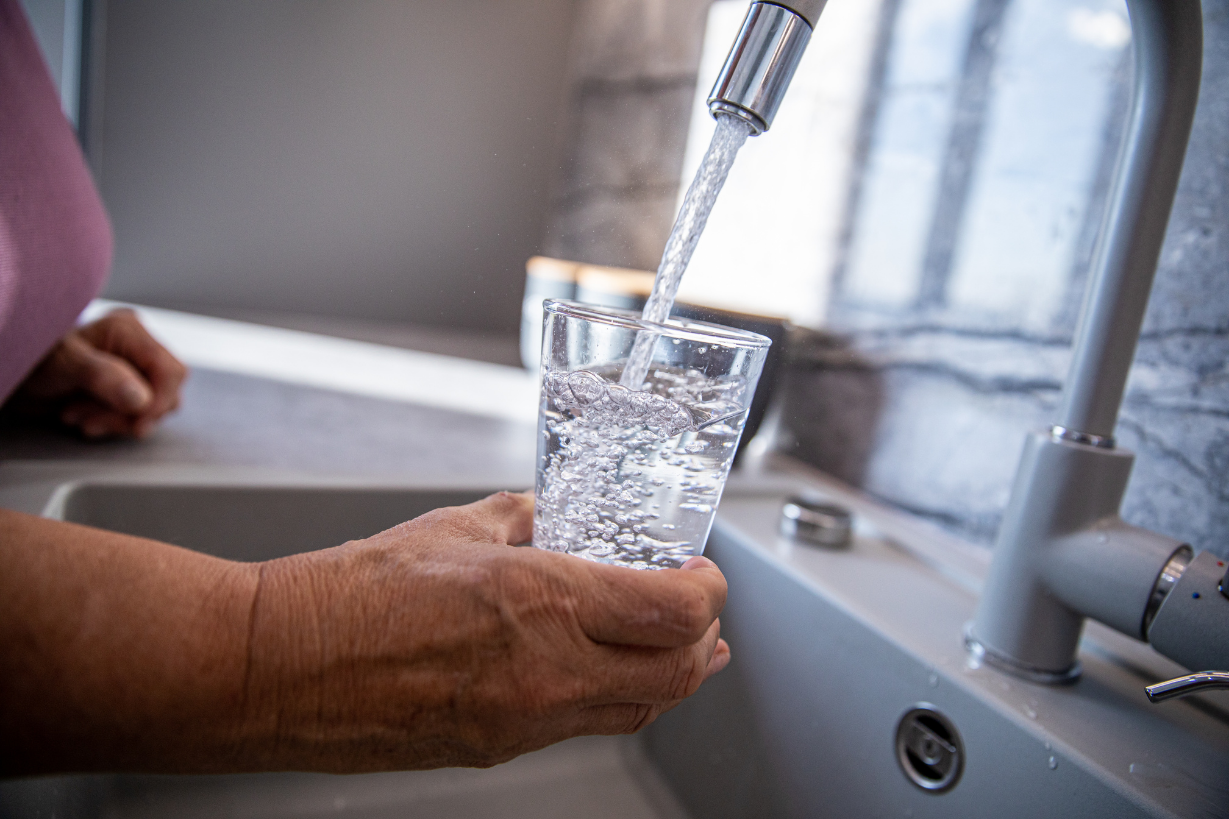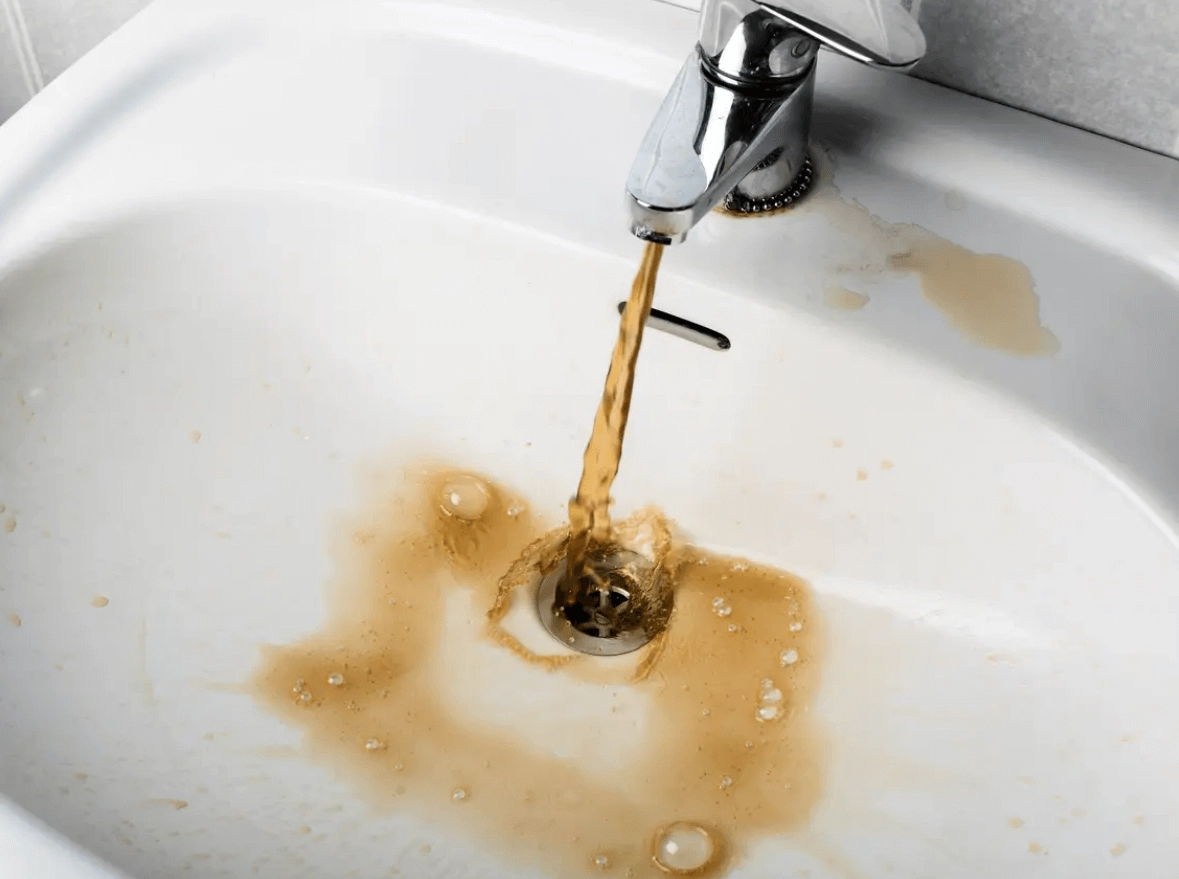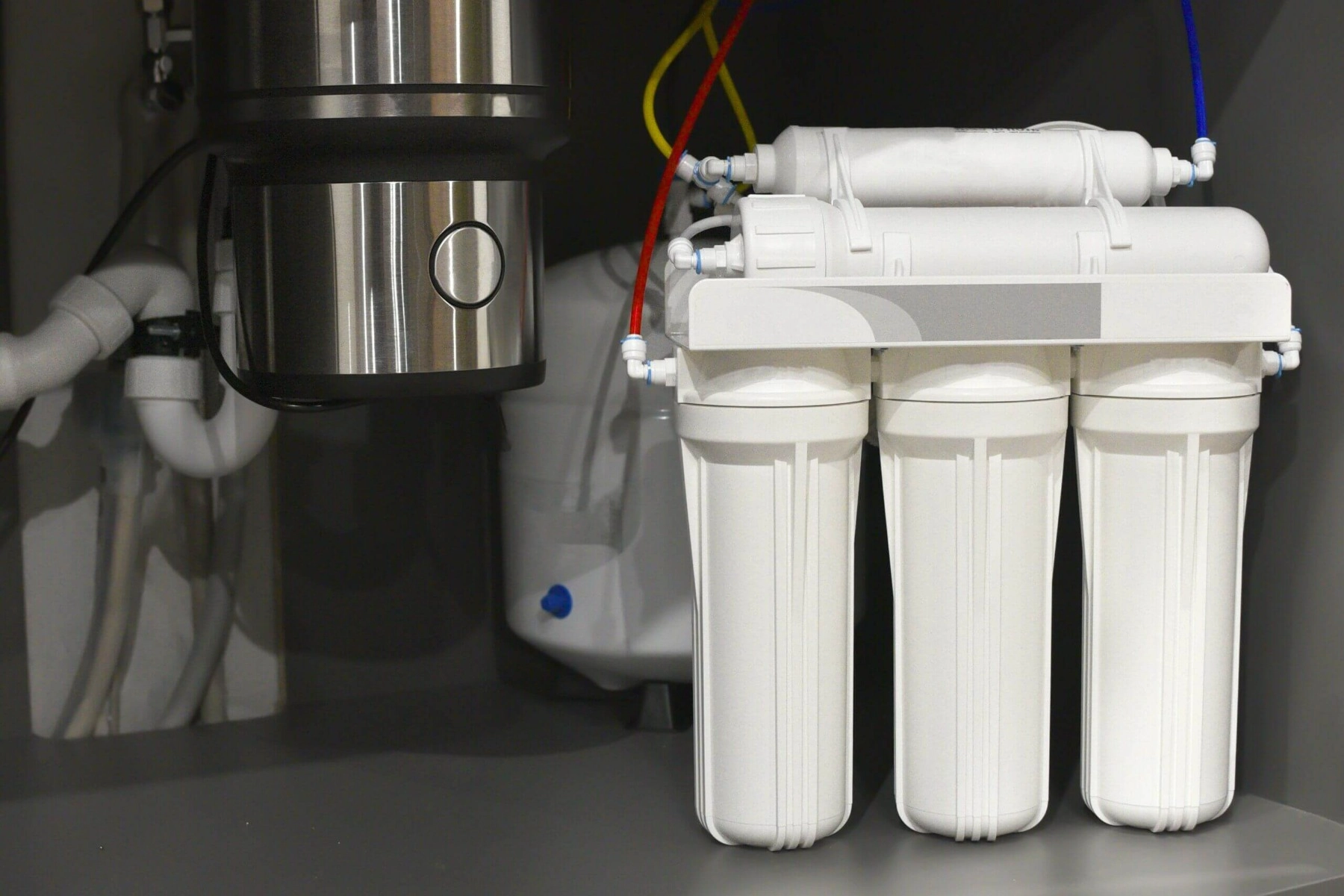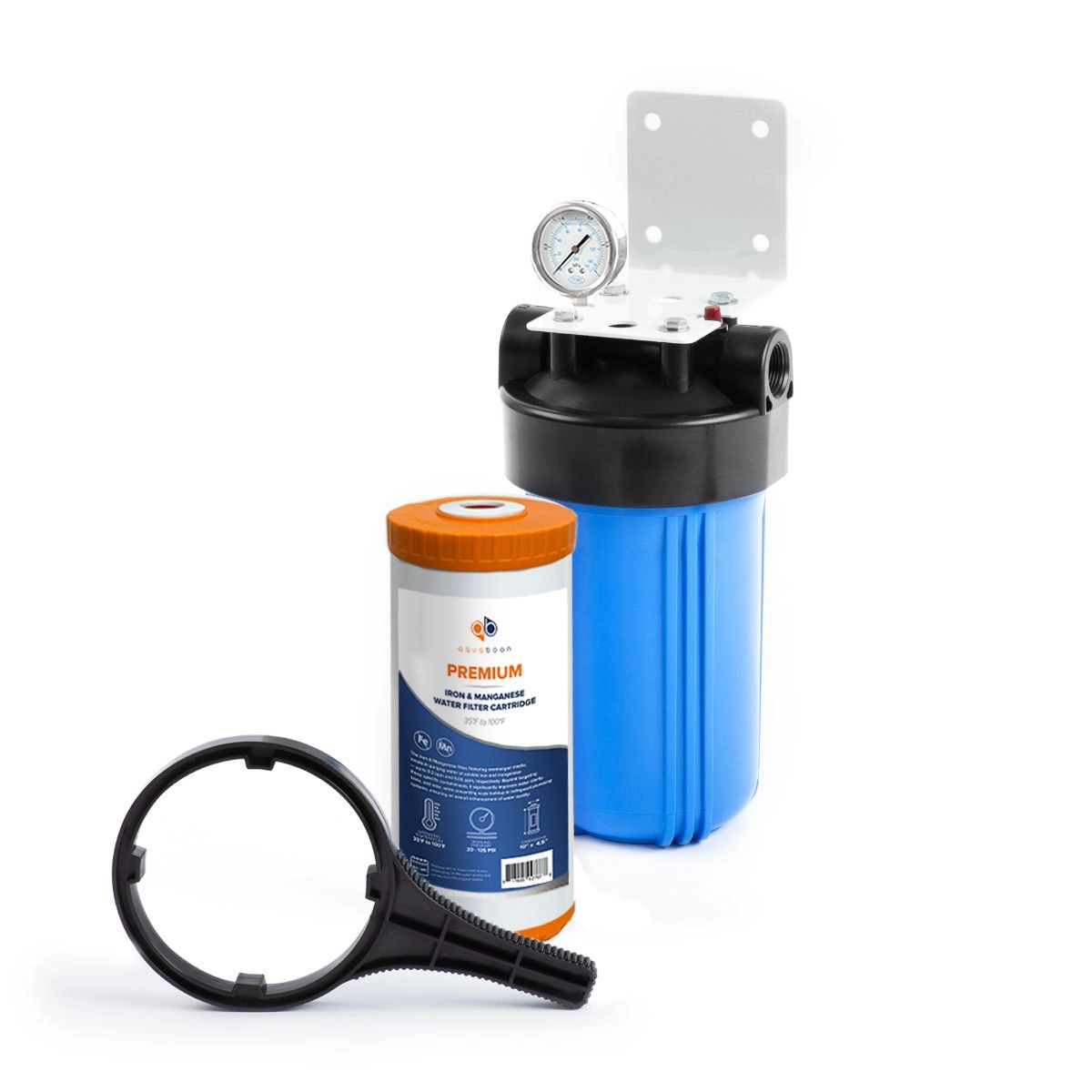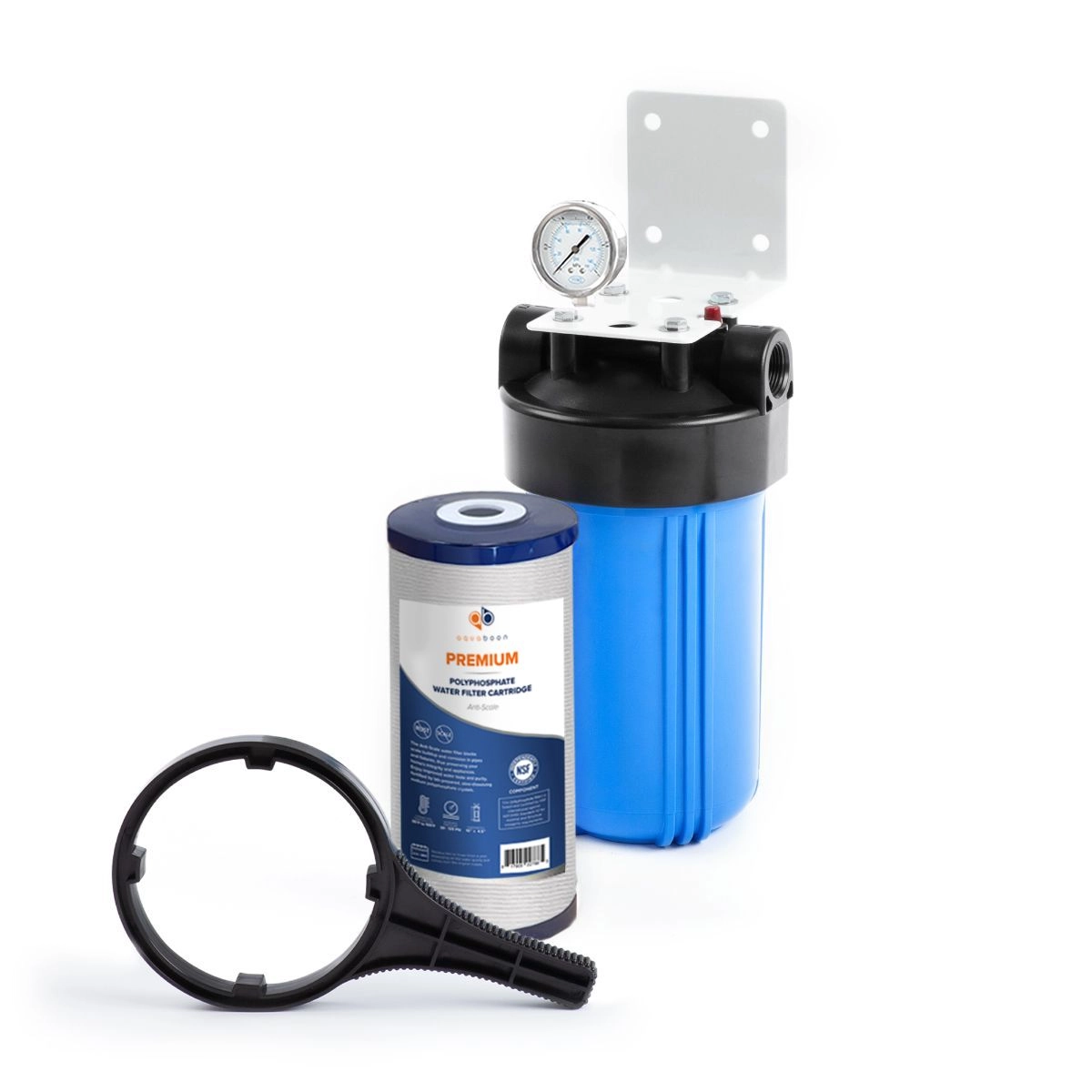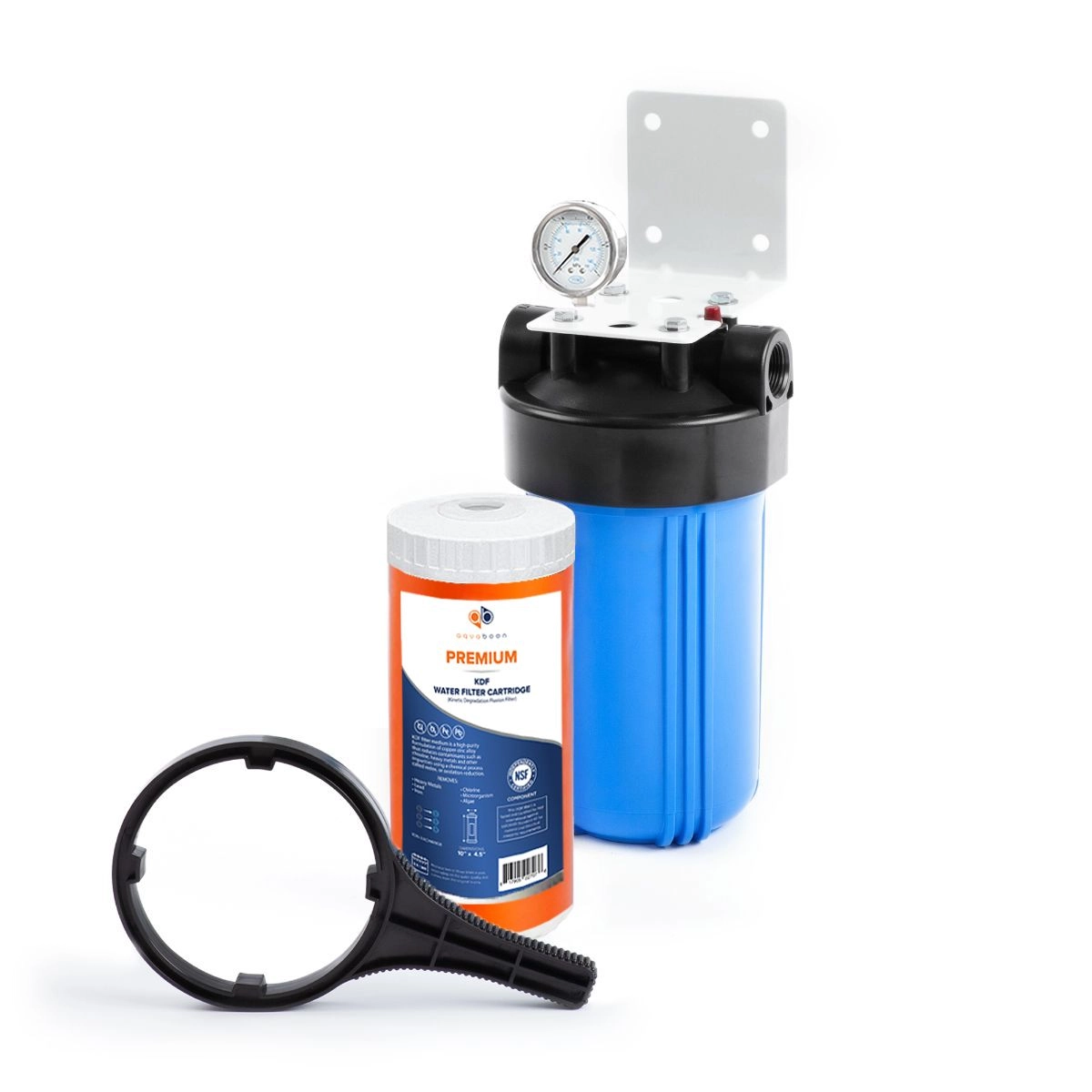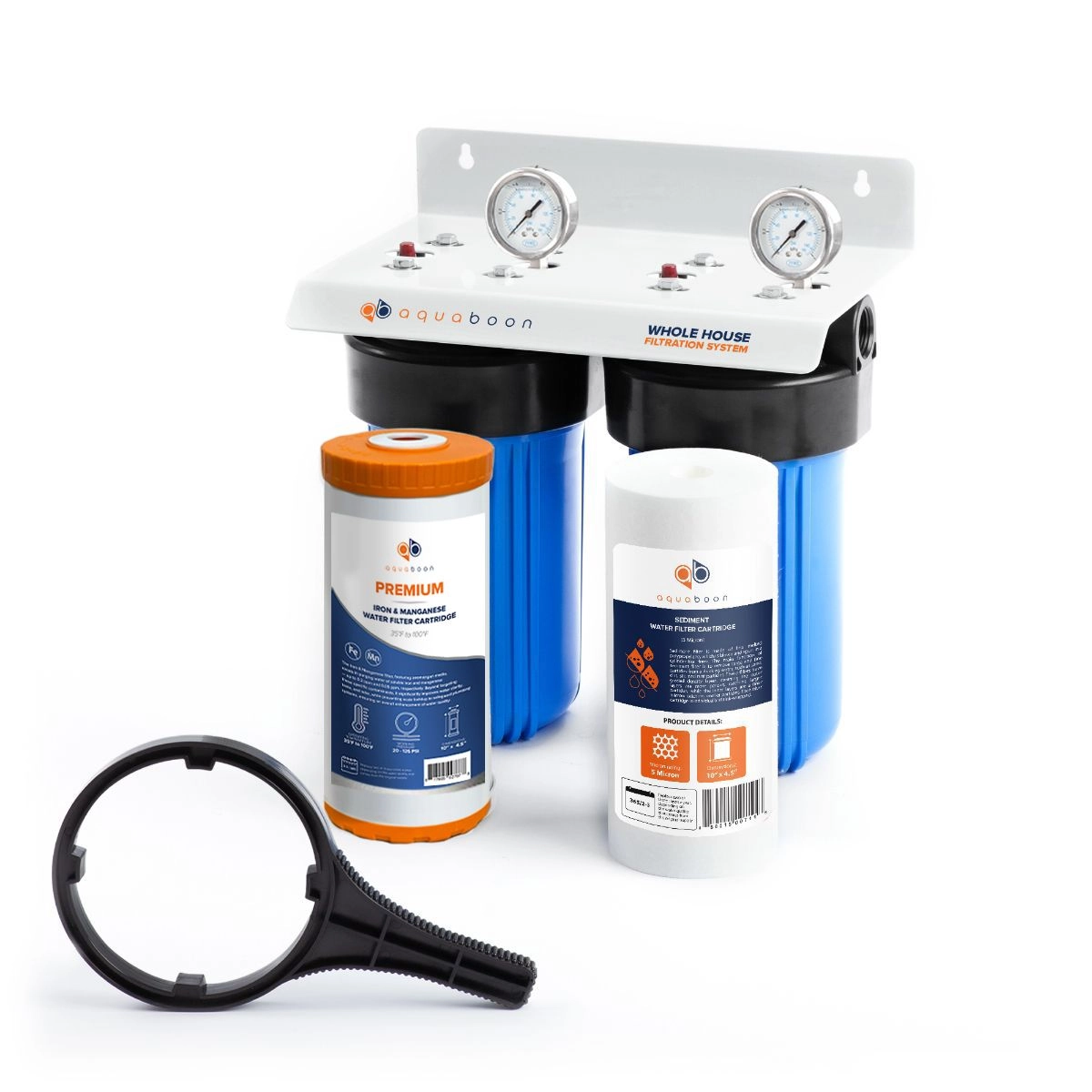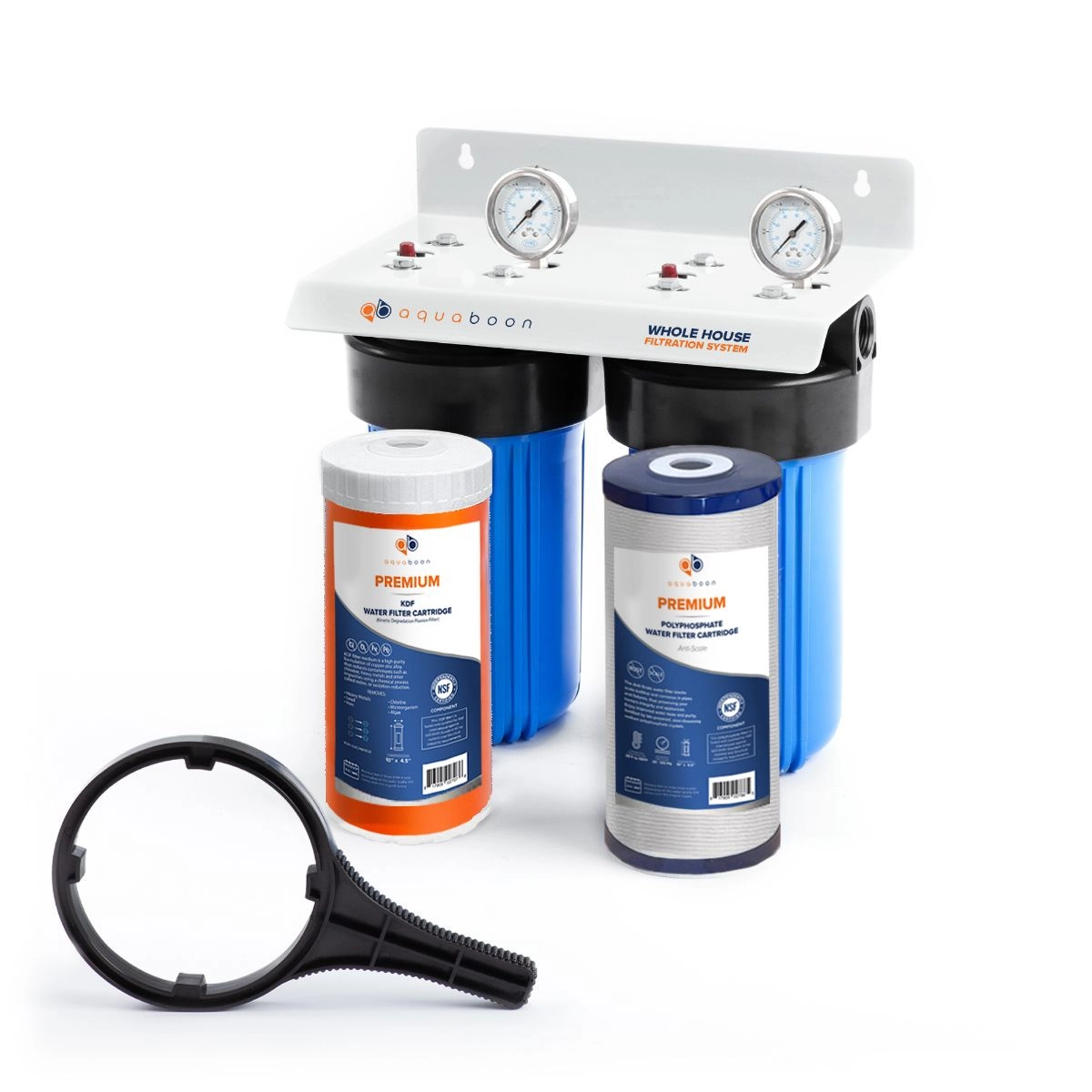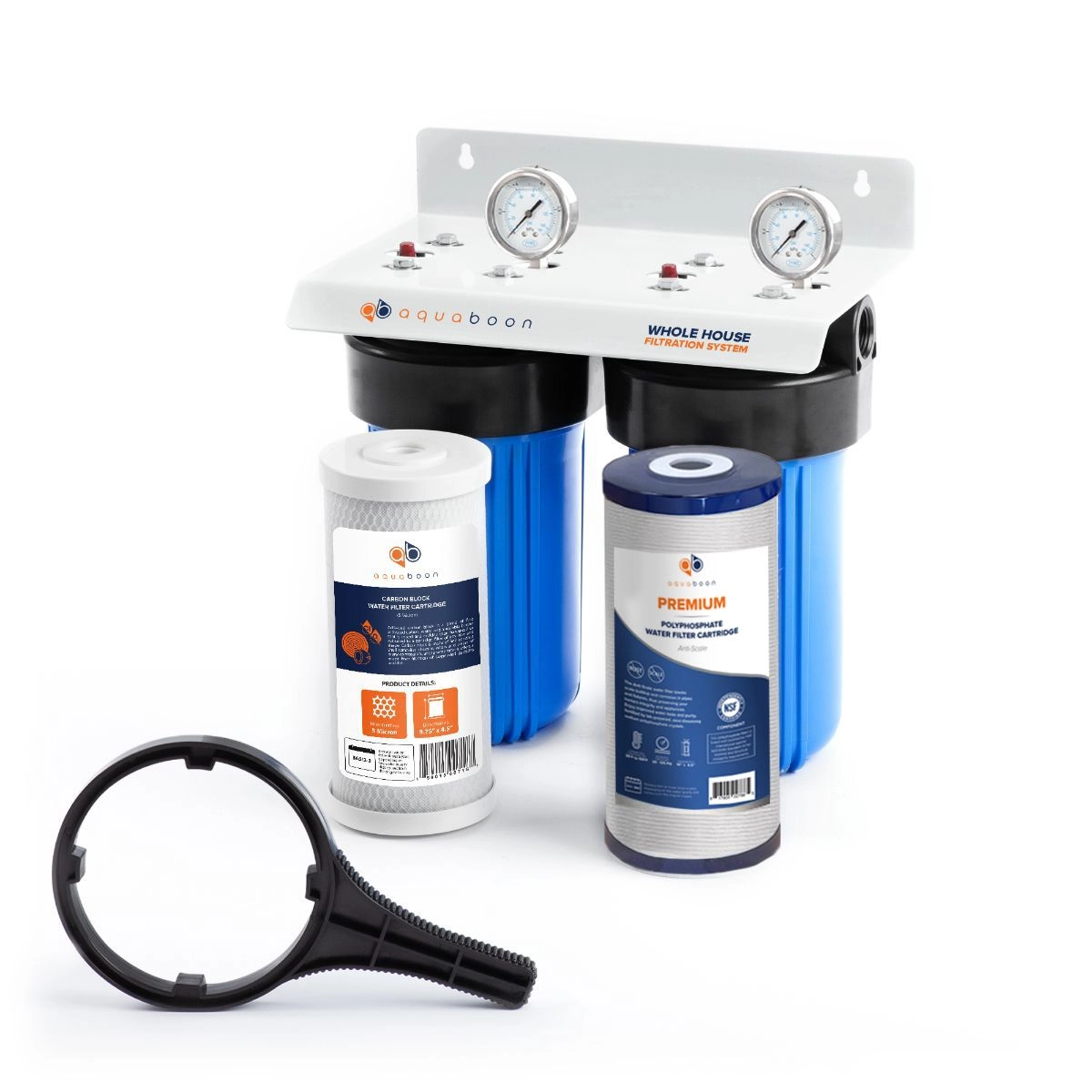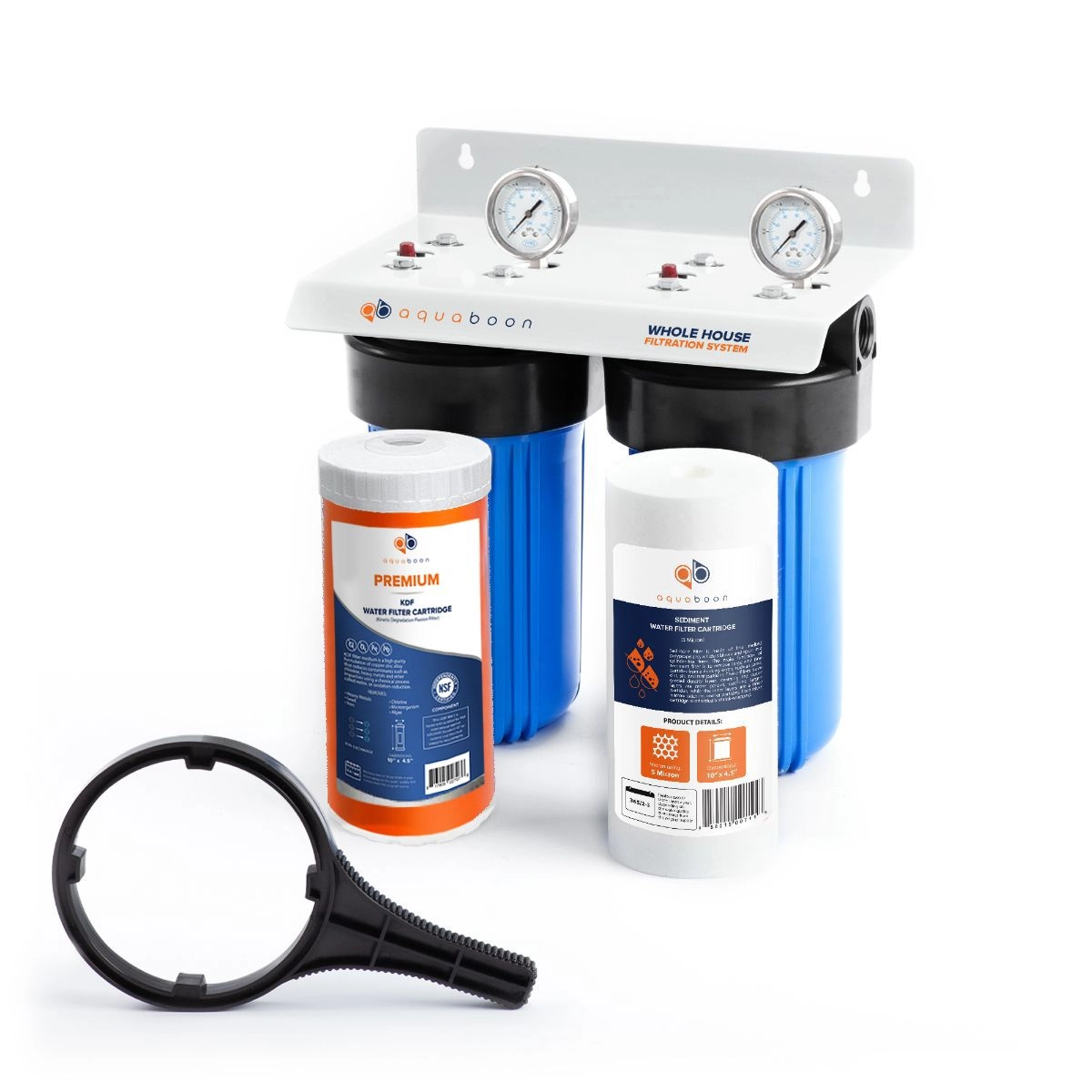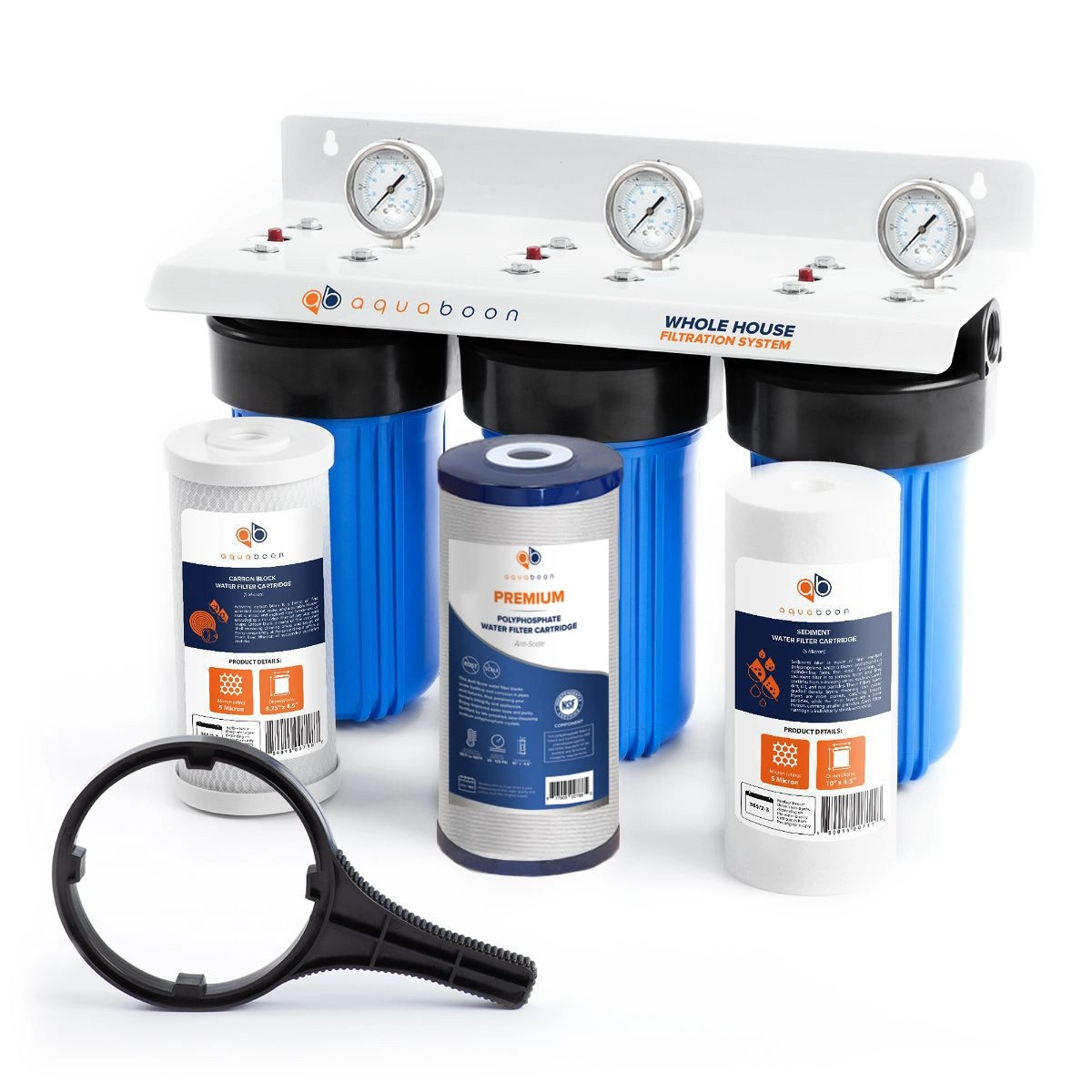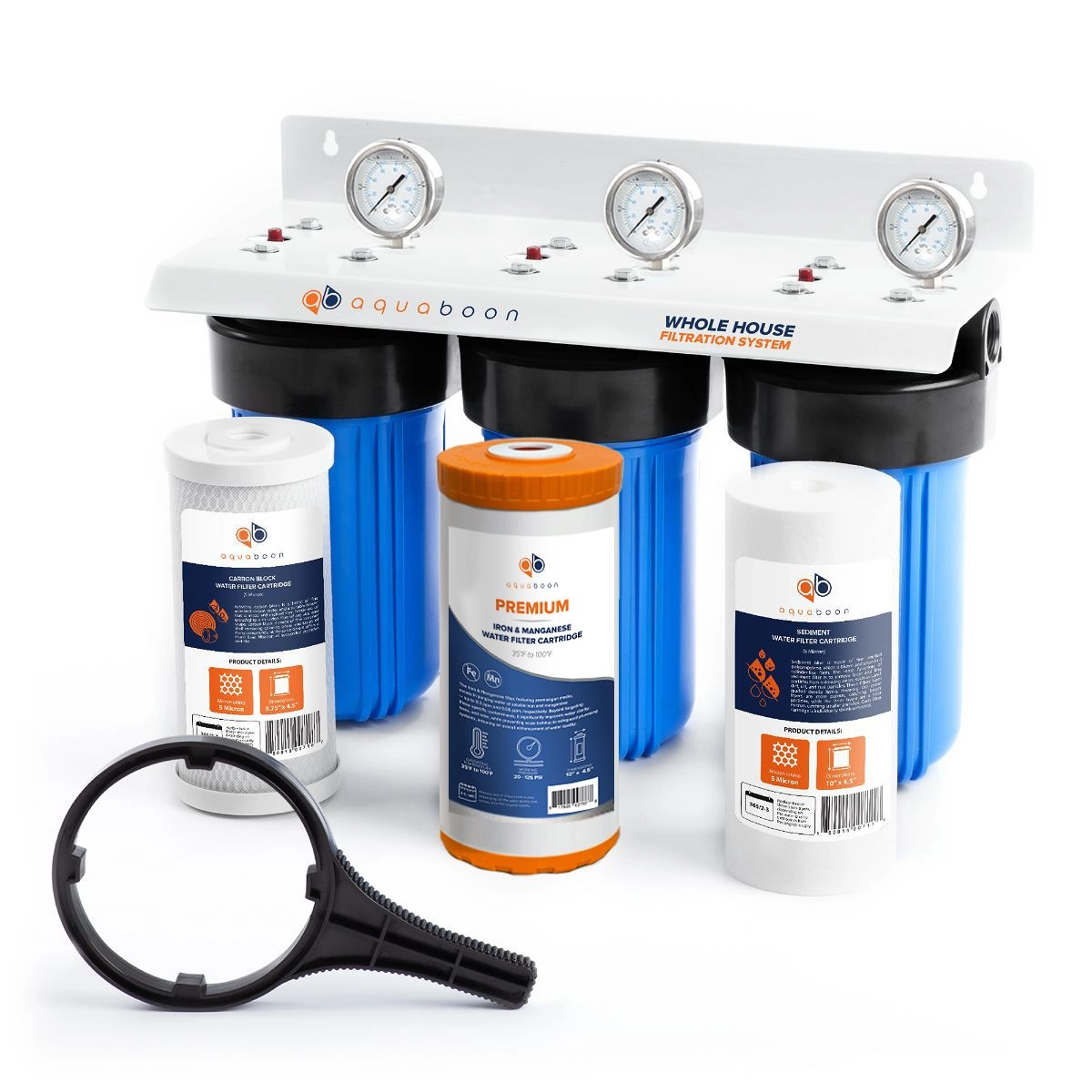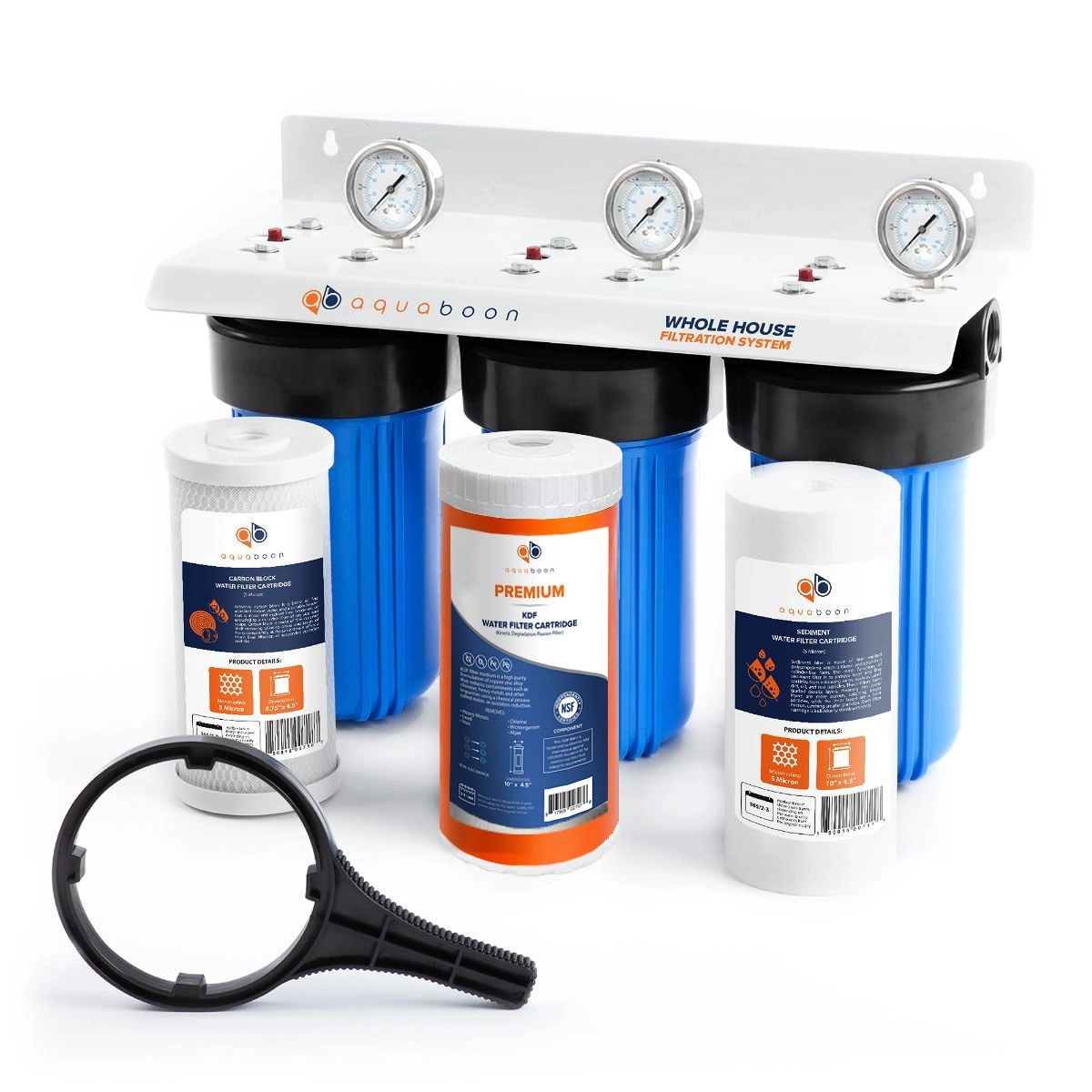Very few things are as refreshing as a cold glass of water after a long hot day — until you discover the potential dangers swimming in your water pipes. These pollutants have increasingly worsened from the century-long adoption of heavy chemicals for agricultural and industrial purposes.
According to the EPA estimates, more than 60,000 chemicals are used in the USA, but the Safe Drinking Water Act checks only 91 contaminants. Plus, after the lead in Flint, Michigan, fiasco, it is easy to understand the increased need for a water filter.
If you are still wondering, should I filter my tap water? (Well, that goes without saying) we will discuss tap water’s potential dangers and why filtered H20 is better.
The most common dangers in tap water
If you are torn between tap water or filtered water, here are some of the common dangers that may be lurking in your tap:
Contaminants
There are microbial and organic contaminants that can go unnoticed for years since human senses can’t spot them. They are often in sources close to agricultural and industrial areas because of the extensive use of pesticides and fertilizers.
Unfortunately, extended exposure to these contaminants at levels over EPA’s safety standards increases cancer and reproductive problems and can impair eye, liver, kidney, and other bodily functions.
While your immune system may fight off some of the microbes, such as bacteria and viruses, heavy levels of exposure without a reliable filtration system will eventually make people ill, especially ones with already weak immune systems.
Lead
Lead is easily introduced in the lines since most pipes and infrastructures are over 80 to 100 years old. Unfortunately, no percentage of lead is safe for consumption as it could cause blood disorders, brain, kidney, and bone damage, and a terrifying list of other medical conditions.
Lead exposure is even worse for young children since it often results in irreversible brain damage, lowered IQ, and developmental disorders. If someone has asked you, “is filtered water bad for you?” It isn’t! On the contrary, an extensive filtration system will protect you from the list of health hazards.
Sediment
Sediments occur as sand or debris clogging your faucet aerators or turning your home’s water and ice dirty or murky. They often indicate the presence of iron harboring iron bacteria, coliform, and germs and causing illness when consumed.
Besides the odor and taste, H20 with high iron levels can also blacken fruits, vegetables, and meals, compromising their nutritional value. Prolonged exposure to iron may also worsen pre-existing skin issues, cause acne and eczema, and harm skin cells, resulting in infections and wrinkles.
That’s not all! High iron levels without thorough water filtration can cause red, orange, brown, or yellow stains on bathroom equipment, silverware, utensils, plates, discoloration, faded hues, and a reduction in the quality of clothes.
Chlorine and Chloramine
Although Chlorine and Chloramine are disinfectants added to the supply to treat microorganisms like bacteria and viruses, they react with organic matter (for example, decaying leaves), causing harmful disinfection by-products (DBPs).
Studies have linked DBPs to irreversible damage of vital cells in the body, causing cancer and issues during pregnancy (including miscarriage). It also causes other long-term health effects, including asthma, eczema, and heart disease.
More local departments now prefer chloramine because it lasts longer and performs better. However, if your city uses it, note that it stays in H20 longer, so consuming the unfiltered water will be worse for you.
Fluoride
Fluoride has been added to public H20 supplies since the mid-20th century until recent research showed that fluoridation could lead to skeletal and dental fluorosis. Then the US government recommended lower fluoride levels in drinking water.
Yet, according to the CDC, two-thirds of Americans still get fluoridated H20. In fact, more studies by Harvard University meta-analysis funded by the National Institutes of Health also linked fluoride to neurological, immune, gastrointestinal, skin, cardiovascular, reproductive, thyroid, and joint and bone problems.
How do water filters improve the water quality?
Have you ever wondered, “is filtered water good for you?” Well, the answer to that is yes! Thorough H20 purification for your home involves several procedures to purge the unhealthy elements.
With reliable filtration from Filterway, your H20 goes through treatment, purification, and softening phases, depending on your choice.
For the treatment stage, the content of the main supply is sieved using a screen to rid it of large particles like debris and algae. Then, it is disinfected by using activated charcoal to treat unhealthy bacteria.
After that, the post-filter phase eliminates any remaining undesirable elements that may have slid through the first two stages. Finally, the softening process uses reverse osmosis before reaching your home.
Filtered water vs tap water: which is better?
Let's consider the following factors for this comparison:
Appearance and taste
Depending on your system’s source and pipes, there may be severe cases of a strong metallic taste or terrible odor from tap water. But for a filtered vs tap water comparison, filtration will give clear and safe products free of sediments.
Condition after treatments
Though the treatment is designed to eliminate bacteria and other unwanted elements, they can make tap water dangerous, which explains why the safety regulations change often. Plus, with its journey through land and pipes, it can remain contaminated by some stubborn elements even after treatment.
The good news is that, with a filtration system, you can even put the filtered water vs boiled water debate to rest and stay assured that you are protecting yourself from harmful bacteria and microorganisms.
Quality in agricultural and industrial locations
The extensive use of pesticides and heavy chemicals in these areas could affect underground aquifers. Thankfully, the Fiterway filtration system provides H20 without elements such as heavy metals or pesticides.
Ultimately, for filter water vs tap water comparison, reliable whole house 10 x 4.5 water filters provide healthier, softer, refined, chlorine-free H20 running out of every tap in your kitchen, toilet, etc. So, you do not have to worry about chemicals or debris in the water when you cook, make coffee, or bathe.


